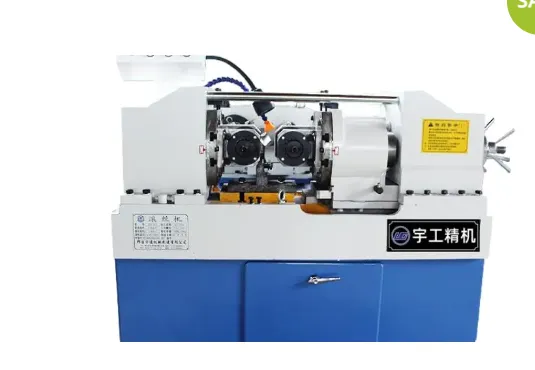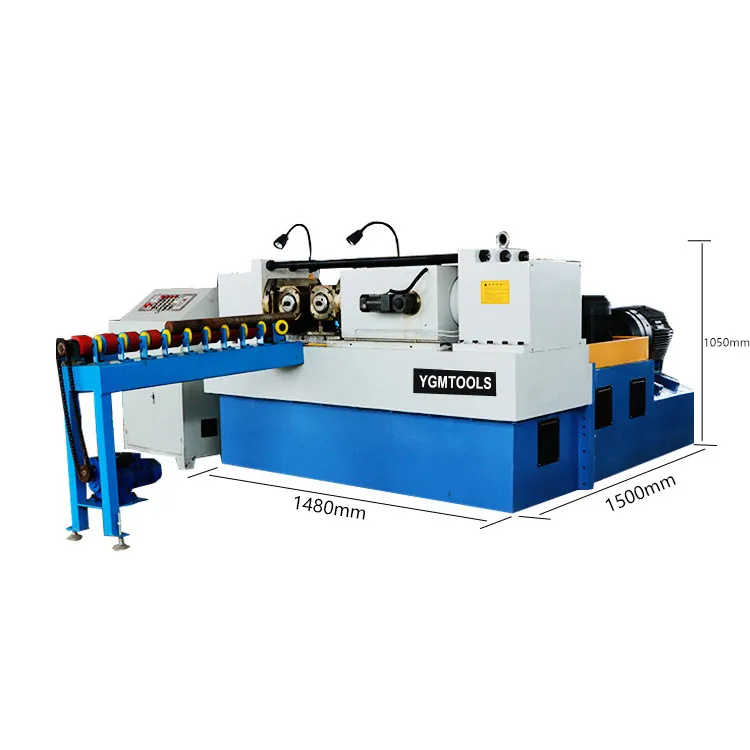
-
 Afrikaans
Afrikaans -
 Albanian
Albanian -
 Amharic
Amharic -
 Arabic
Arabic -
 Armenian
Armenian -
 Azerbaijani
Azerbaijani -
 Basque
Basque -
 Belarusian
Belarusian -
 Bengali
Bengali -
 Bosnian
Bosnian -
 Bulgarian
Bulgarian -
 Catalan
Catalan -
 Cebuano
Cebuano -
 Corsican
Corsican -
 Croatian
Croatian -
 Czech
Czech -
 Danish
Danish -
 Dutch
Dutch -
 English
English -
 Esperanto
Esperanto -
 Estonian
Estonian -
 Finnish
Finnish -
 French
French -
 Frisian
Frisian -
 Galician
Galician -
 Georgian
Georgian -
 German
German -
 Greek
Greek -
 Gujarati
Gujarati -
 Haitian Creole
Haitian Creole -
 hausa
hausa -
 hawaiian
hawaiian -
 Hebrew
Hebrew -
 Hindi
Hindi -
 Miao
Miao -
 Hungarian
Hungarian -
 Icelandic
Icelandic -
 igbo
igbo -
 Indonesian
Indonesian -
 irish
irish -
 Italian
Italian -
 Japanese
Japanese -
 Javanese
Javanese -
 Kannada
Kannada -
 kazakh
kazakh -
 Khmer
Khmer -
 Rwandese
Rwandese -
 Korean
Korean -
 Kurdish
Kurdish -
 Kyrgyz
Kyrgyz -
 Lao
Lao -
 Latin
Latin -
 Latvian
Latvian -
 Lithuanian
Lithuanian -
 Luxembourgish
Luxembourgish -
 Macedonian
Macedonian -
 Malgashi
Malgashi -
 Malay
Malay -
 Malayalam
Malayalam -
 Maltese
Maltese -
 Maori
Maori -
 Marathi
Marathi -
 Mongolian
Mongolian -
 Myanmar
Myanmar -
 Nepali
Nepali -
 Norwegian
Norwegian -
 Norwegian
Norwegian -
 Occitan
Occitan -
 Pashto
Pashto -
 Persian
Persian -
 Polish
Polish -
 Portuguese
Portuguese -
 Punjabi
Punjabi -
 Romanian
Romanian -
 Russian
Russian -
 Samoan
Samoan -
 Scottish Gaelic
Scottish Gaelic -
 Serbian
Serbian -
 Sesotho
Sesotho -
 Shona
Shona -
 Sindhi
Sindhi -
 Sinhala
Sinhala -
 Slovak
Slovak -
 Slovenian
Slovenian -
 Somali
Somali -
 Spanish
Spanish -
 Sundanese
Sundanese -
 Swahili
Swahili -
 Swedish
Swedish -
 Tagalog
Tagalog -
 Tajik
Tajik -
 Tamil
Tamil -
 Tatar
Tatar -
 Telugu
Telugu -
 Thai
Thai -
 Turkish
Turkish -
 Turkmen
Turkmen -
 Ukrainian
Ukrainian -
 Urdu
Urdu -
 Uighur
Uighur -
 Uzbek
Uzbek -
 Vietnamese
Vietnamese -
 Welsh
Welsh -
 Bantu
Bantu -
 Yiddish
Yiddish -
 Yoruba
Yoruba -
 Zulu
Zulu
Custom Thread Rolling Machines Precision & Tailored Solutions
- Introduction to Custom Thread Rolling Solutions
- Technical Superiority in Modern Thread Rolling Machines
- Comparative Analysis of Leading Manufacturers
- Tailored Solutions for Diverse Industrial Needs
- Real-World Applications and Case Studies
- Cost Efficiency Through Custom Automation
- Future Trends in Custom Thread Rolling Technology

(custom types of thread rolling machine)
Innovation Meets Precision: Exploring Custom Types of Thread Rolling Machines
The manufacturing sector demands custom types of thread rolling machine
s to address specialized threading requirements across industries. Unlike standard models, these machines achieve tolerances below ±0.005 mm while maintaining production speeds exceeding 1,200 pieces/hour. A 2023 industry report shows a 28% increase in demand for configurable thread rollers, particularly in aerospace and automotive sectors where complex geometries dominate.
Technical Superiority in Modern Thread Rolling Machines
Advanced models now integrate AI-powered quality control systems that reduce material waste by 19%. Key technical differentiators include:
- Multi-axis synchronization (up to 8-axis control)
- Adaptive pressure systems (50-300 kN adjustable force)
- Real-time monitoring via IoT-enabled sensors
Comparative Analysis of Leading Manufacturers
| Manufacturer | Max Speed (pcs/hr) | Accuracy (mm) | Customization Level | Price Range (USD) |
|---|---|---|---|---|
| AlphaRoll Tech | 1,450 | ±0.003 | Full | $85,000-$220k |
| BetaThread Systems | 1,200 | ±0.005 | Modular | $62,000-$175k |
| GammaForm Engineering | 980 | ±0.008 | Basic | $48,000-$130k |
Tailored Solutions for Diverse Industrial Needs
Custom automatic thread rolling machine configurations now support 47 distinct thread profiles, from micro-threads (0.2 mm pitch) to large-diameter pipe threads (DN150). A tiered customization approach enables manufacturers to select:
- Base machine specifications
- Tooling configurations
- Automation integration level
Real-World Applications and Case Studies
A recent implementation for automotive spark plug manufacturing achieved 99.2% consistency across 2.5 million units. The custom thread rolling machine solution reduced cycle times by 34% compared to previous CNC-based methods.
Cost Efficiency Through Custom Automation
Integrated automation packages demonstrate ROI within 14-18 months through:
- 38% reduction in manual handling
- 22% energy savings via servo-driven systems
- 15% improvement in tool lifespan
Advancing Industry Standards with Custom Thread Rolling Technology
As the market for custom types of thread rolling machines grows, manufacturers prioritizing R&D investment see 31% faster adoption of new threading standards. Emerging hybrid models combine cold forming with precision machining, achieving surface finishes of Ra 0.2 µm - a 40% improvement over conventional methods.

(custom types of thread rolling machine)
FAQS on custom types of thread rolling machine
Q: What are the key features of custom types of thread rolling machines?
A: Custom thread rolling machines offer tailored configurations for specific thread profiles, materials, and production volumes. They often include adjustable rollers, specialized tooling, and programmable controls for precision. These machines are designed to optimize efficiency and reduce wear for high-demand applications.
Q: How do custom automatic thread rolling machines improve production workflows?
A: Custom automatic thread rolling machines streamline workflows by integrating automation for loading, rolling, and unloading parts. This reduces manual intervention and increases throughput. Advanced models also feature real-time monitoring to ensure consistent thread quality.
Q: What industries benefit most from custom types of thread rolling?
A: Industries like automotive, aerospace, and medical device manufacturing benefit from custom thread rolling due to their need for high-precision, durable threads. Custom machines handle unique materials like titanium or hardened steel. They also support complex geometries required for specialized components.
Q: Can custom thread rolling machines handle non-standard thread designs?
A: Yes, custom thread rolling machines are engineered to produce non-standard or proprietary thread designs. Adjustable roller dies and programmable settings enable flexibility in thread pitch, angle, and depth. This makes them ideal for bespoke industrial or niche applications.
Q: What factors should be considered when selecting a custom automatic thread rolling machine?
A: Key factors include material compatibility, production speed requirements, thread complexity, and automation integration. Evaluate machine durability, maintenance needs, and software adaptability. Partnering with experienced manufacturers ensures alignment with specific operational goals.
